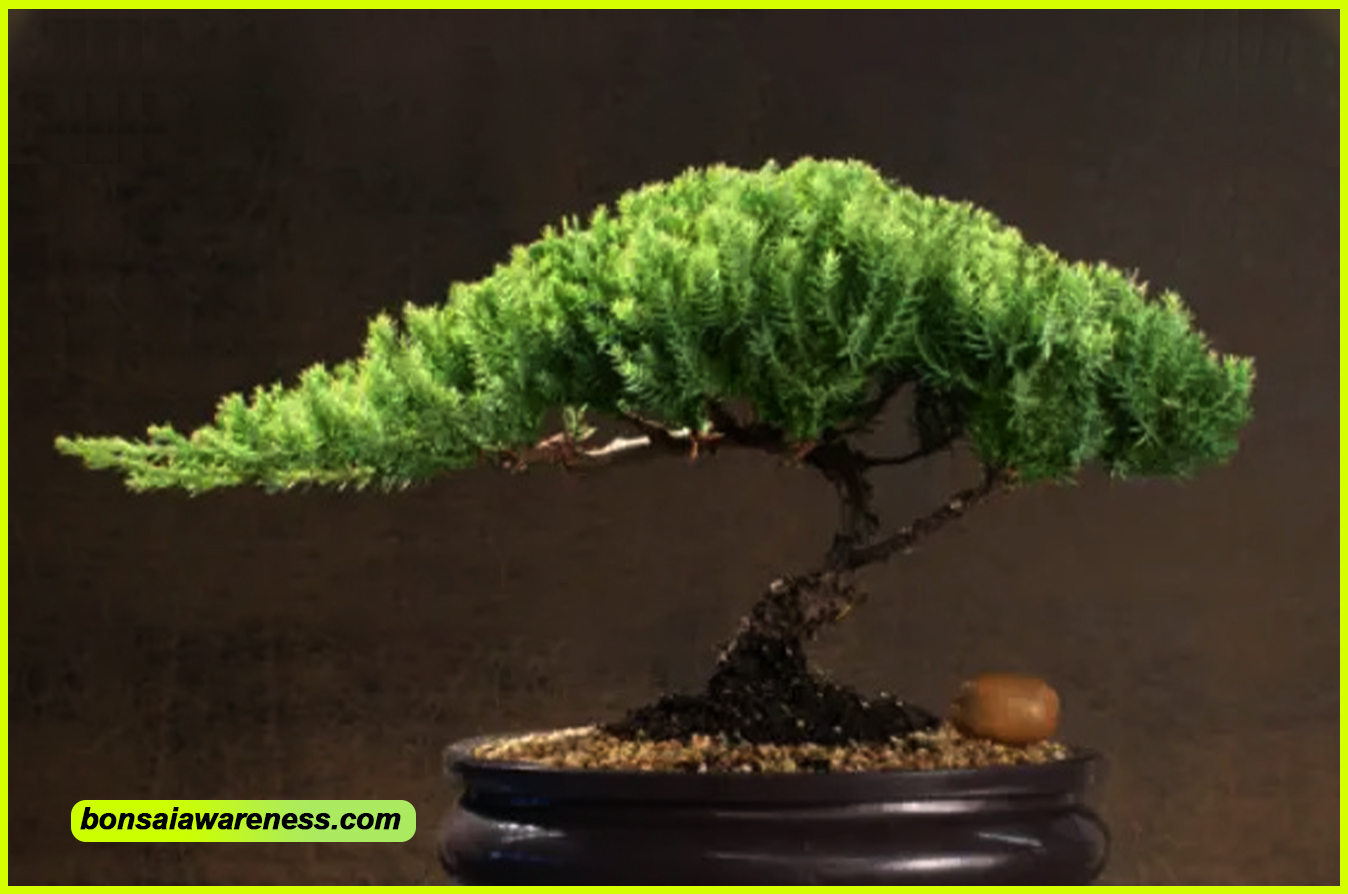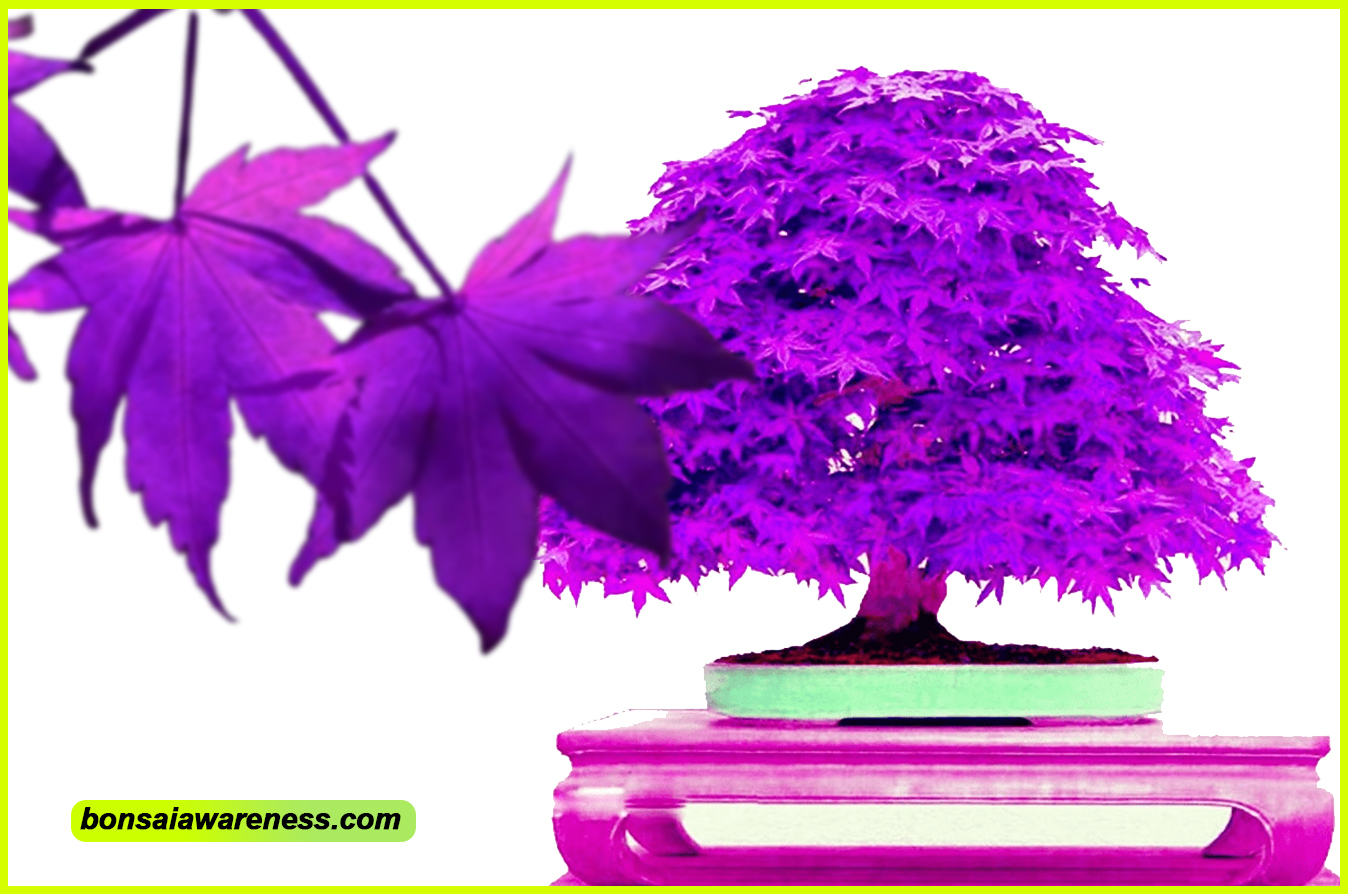The best plants for indoor bonsai are Ficus, Juniper, Jade, Chinese Elm, and Shohin. When it comes to selecting plants for indoor bonsai, it’s essential to choose varieties that thrive in indoor conditions and are suitable for bonsai cultivation.
Bonsai enthusiasts often struggle with finding the right plants for their indoor bonsai collection, as not all species are well-suited for indoor environments. Fortunately, there are several plant varieties that are well-suited for indoor bonsai cultivation. These plants include Ficus, Juniper, Jade, Chinese Elm, and Shohin, all of which are known for their adaptability to indoor conditions and their suitability for bonsai cultivation.
By selecting the right plants, enthusiasts can create a stunning indoor bonsai collection that brings the beauty and tranquility of nature into their homes.
Why Choose Indoor Bonsai?
Indoor bonsai trees offer a touch of nature to any living space. Their miniature size and captivating beauty make them a popular choice for indoor decoration. These lush greens not only add visual appeal but also create a calming atmosphere within homes. Indoor bonsai trees are known for their air-purifying properties, which helps in improving indoor air quality. Alongside their aesthetic value, these plants provide therapeutic benefits to reduce stress and anxiety. The low maintenance requirements of indoor bonsai trees make them a perfect choice for individuals with a busy schedule. With a diverse range of species available, there are indoor bonsai trees suitable for any interior setting. Embracing indoor bonsai cultivation can enhance the ambiance of your living spaces while promoting a sense of tranquility.
Factors To Consider
Lighting Requirements: When choosing plants for indoor bonsai, consider their lighting needs. Some bonsai trees require full sun, while others thrive in partial shade. Ensure that your indoor space provides the appropriate amount of light for your chosen plant.
Temperature and Humidity: Temperature and humidity are crucial factors to consider for indoor bonsai. Different plants have varying temperature and humidity requirements, so it’s essential to select species that can thrive in your indoor climate.
Size and Shape: When selecting plants for indoor bonsai, consider the available space and the desired aesthetic. Ensure that the size and shape of the bonsai trees align with your indoor environment and preferences.
Top Indoor Bonsai Species
Indoor bonsai plants are a great way to bring nature into your home. Three popular species for indoor bonsai are Ficus, Juniper, and Chinese Elm. Ficus bonsai is known for its shiny leaves and aerial roots that make it an attractive choice. Juniper bonsai, on the other hand, has a unique textured bark and needle-like foliage, which adds a touch of elegance to any indoor space. Chinese Elm bonsai is known for its small leaves and intricate branching pattern, making it a favorite among bonsai enthusiasts. Each of these species has its own unique qualities that make them suitable for indoor bonsai cultivation. So whether you prefer the glossy leaves of the Ficus, the textured bark of the Juniper, or the delicate branches of the Chinese Elm, there is a perfect indoor bonsai species for you!
Caring For Indoor Bonsai
Indoor bonsai plants require specific care to thrive. Watering and moisture control are crucial factors to consider. It is essential to water the bonsai thoroughly and allow the soil to dry slightly before watering again. Proper pruning and shaping help maintain the desired shape and size of the bonsai. Regularly check for overgrown branches or leaves and trim accordingly, using sharp tools to avoid damage. Fertilizing the bonsai is important to provide necessary nutrients. Use a balanced fertilizer specifically designed for bonsai and follow the recommended dosage. The soil used for indoor bonsai should be well-draining and rich in organic matter. Ensure proper drainage by using a pot with drainage holes to prevent waterlogged roots. It’s important to avoid common mistakes such as overwatering, insufficient lighting, and neglecting pests. Regularly inspect the bonsai for signs of pests and take appropriate action if necessary.
Frequently Asked Questions Of Best Plants For Indoor Bonsai
Which Plants Are Best For Bonsai?
The best plants for bonsai include Juniper, Pine, Maple, Ficus, and Azalea. They are ideal for their small leaves, strong growth, and ability to endure pruning.
Which Bonsai Is Best For Beginners?
The best bonsai for beginners is the juniper bonsai. It is easy to care for and forgiving for beginners.
What Is The Fastest Growing Bonsai Indoor?
The Fukien tea bonsai is one of the fastest growing indoor options. It is easy to maintain and adapts well to indoor conditions.
What Is The Most Popular Bonsai Plant?
The most popular bonsai plant is the Ficus retusa, also known as the Chinese banyan. Its adaptability and attractive aerial roots make it a favorite among bonsai enthusiasts.
Conclusion
Choosing the right plants for your indoor bonsai can greatly enhance your gardening experience. With a variety of options available, such as the Ficus, Jade, and Juniper, you can create a beautiful and tranquil oasis within your home. Remember to consider factors like sunlight, watering needs, and size when selecting your bonsai plants.
By providing the proper care and attention, your indoor bonsai can thrive and bring natural beauty to your living space. Happy gardening!


Leave a Reply